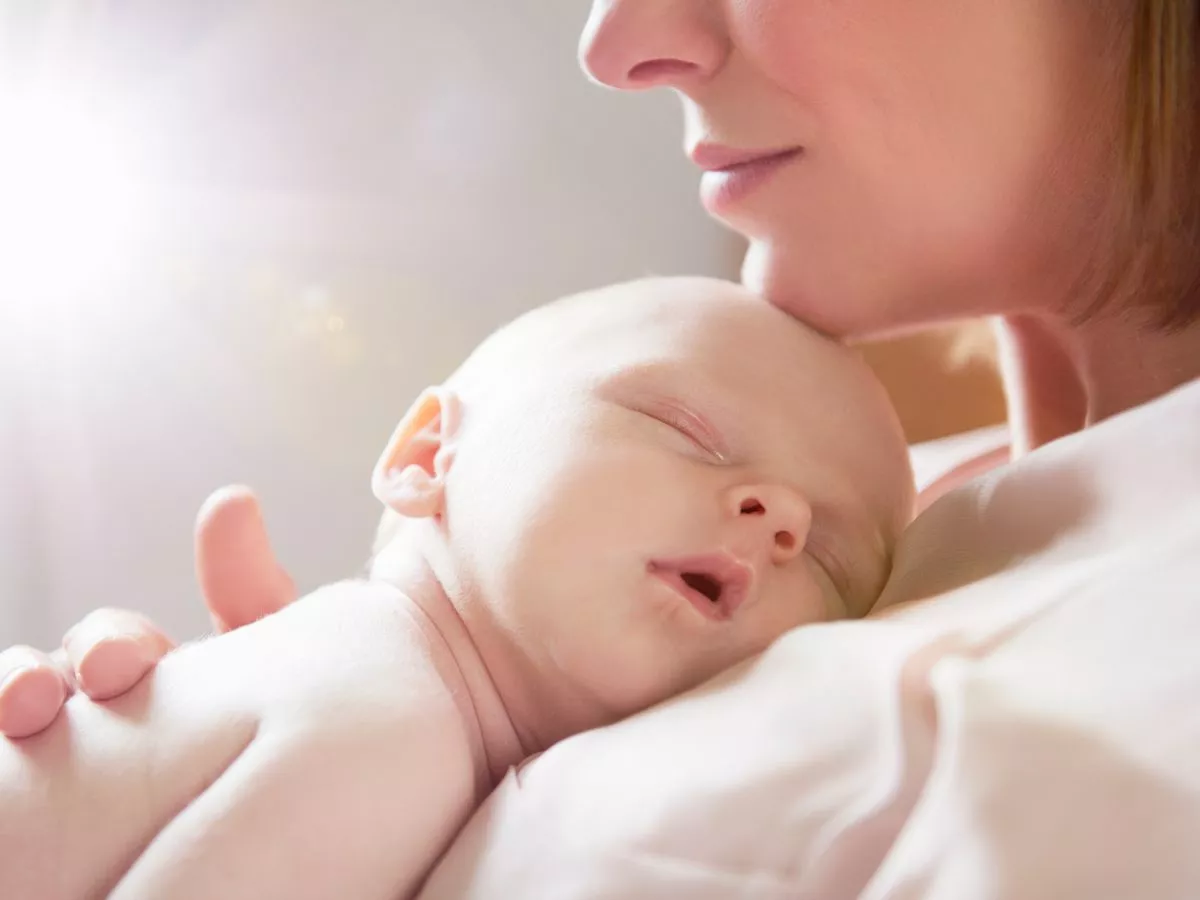By Ella Pickover,Ella Pickover, Pa Health Correspondent,Fionnuala Boyle,PA Health Correspondent
Copyright dailyrecord

Scots families expecting a new arrival next year could see their babies become part of a major new research project. Generation New Era aims to track the lives of up to 30,000 babies in the first long-term study of its kind in 25 years. The idea is to gain insights into how the next generation develops physically, mentally and socially . They will also monitor environmental and societal changes including factors like children’s health and readiness for school. Parents will be asked to provide this information when their children are between nine and 11 months old, and again when they are three to four years old. The plan is for the children to be followed throughout their lives. Parents and babies will be asked to give a saliva sample for genetic analysis as the study could shed light on genetic links to disease. Researchers are keen to involve fathers and under-represented parenting groups. Parents in Scotland, England, Wales, and Northern Ireland who have babies next year may be invited to participate. They can expect to receive a letter next autumn with more details. The research, by the UKRI (UK Research and Innovation) Infrastructure Fund and the UKRI Economic and Social Research Council (ESRC), represents the first comprehensive UK-wide long-term investigation of its kind in 25 years. “The world has changed an enormous amount since that time,” study co-director Professor Alissa Goodman said. “Generation New Era is a landmark scientific endeavour which will improve the lives of children and benefit science and society for many years to come. “In such a rapidly changing world, it is vital to have rich data on the lives of children and families , especially those from disadvantaged and less often heard groups. “It’s such a critical time, and the ability to inform policies that can improve the lives of children through really strong evidence is so compelling.” Study co-director Professor Pasco Fearon, from the University of Cambridge, explained the findings would create a “lasting resource for the whole of UK and global science”. “It’s designed in such a way that it can answer loads of different questions, it’s not focusing on specific ones,” he said. “There’s a huge interest in the potential for genetic data to really illuminate the causes of health conditions that wouldn’t have been possible before. “Having that data from the very beginning of the study is not totally unique globally, but we will be one of the first nationally representative birth cohorts to have genotyping in right at the beginning. That’s going to be powerful.” He went on: “A lot of people are talking about screen time and digital media and social media, that’s a huge issue… there really aren’t nationally representative UK-wide studies that allow us to get a fix on that properly. “There’s a lot of interest in trying to understand the circumstances and outcomes and some of the causal factors involved in disability and special educational needs, so that’s also going to be a really important area of focus. “And trying to get a handle on the rising rates of mental health conditions in children and young people is also going to be, I think, a very high priority for the study.”



